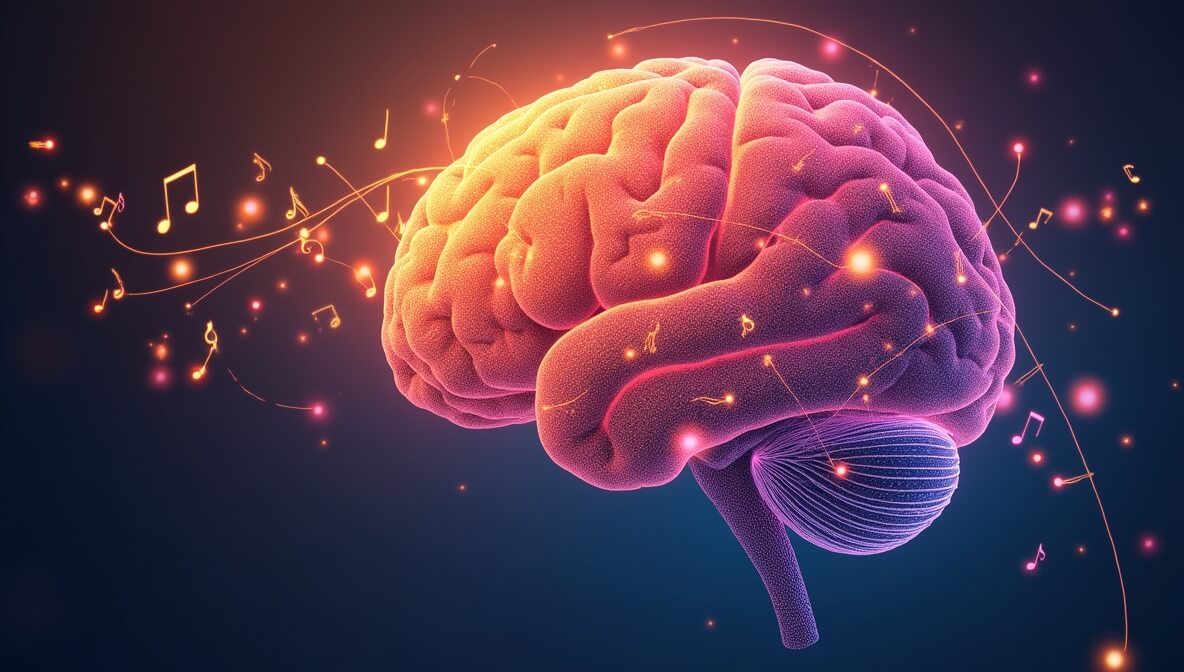August 01, 2025

Learning to play a musical instrument isn’t just a creative hobby—it’s a workout for your brain. Whether you're strumming a guitar, playing piano keys, or mastering drum rhythms, music activates and strengthens cognitive functions in profound ways.
But how exactly does playing an instrument benefit your brain? Let’s explore the science-backed cognitive, emotional, and neurological advantages of learning music.
Playing an instrument engages both auditory and motor memory systems. Musicians often show superior memory recall because music practice strengthens:
Research indicates that musicians have larger corpus callosums—the neural bridge connecting the brain’s hemispheres—enhancing information transfer and coordination.
Learning music trains your brain to switch between tasks like:
This multitasking enhances cognitive flexibility, a critical skill for problem-solving, adaptability, and creative thinking in everyday life.
Explore how music sharpens cognition further in The Psychological Benefits of Playing a Musical Instrument.
Practicing an instrument demands deep concentration and sustained attention. Over time, this focused practice trains your brain to:
Music is a language of emotions. Playing an instrument helps you interpret and express emotions better, boosting empathy and emotional regulation.
Musicians often develop a heightened sensitivity to emotional cues in both music and interpersonal communication.
Instrument practice refines motor skills by requiring precise finger movements, coordination, and timing. This neuro-muscular training improves:
This is particularly beneficial for children’s developmental growth and for adults seeking to maintain motor functions with age.
Yes. Brain imaging studies reveal that musicians often have:
Neuroscientists call this phenomenon “the musician’s brain advantage”, a result of consistent musical training over time.
For more on how music aids mental health, check Music for Stress Relief: Beyond Just Relaxation Playlists.
Stay up to date with the latest tips, expert insights, product reviews, and step-by-step guides to help you grow, create, and succeed—no matter your industry or passion.